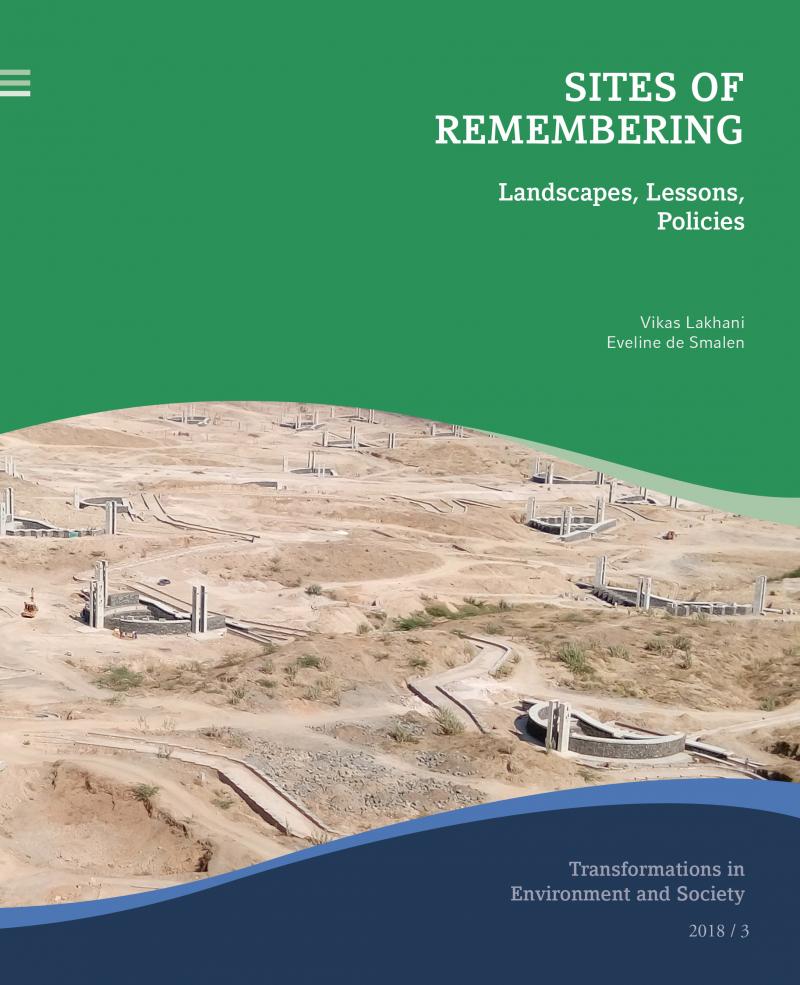About this issue
How can scholars from the humanities and social sciences make their work relevant beyond academic publications? This volume of RCC Perspectives attempts to bridge the gap between humanities research and public policy, using examples from memory studies to illuminate and explore how society can employ lessons from the past in discussions about conserving historic landscapes and building resilience to ecological and humanitarian disasters.
How to cite: Lakhani, Vikas, and Eveline de Smalen, eds. “Sites of Remembering: Landscapes, Lessons, Policies,” RCC Perspectives: Transformations in Environment and Society 2018, no. 3. doi.org/10.5282/rcc/8480.

Content
- Introduction: Using Memory Studies in Environmental Policy by Vikas Lakhani and Eveline de Smalen
Memory as Resource
- Using Historical Storms for Flood Risk Management: The 1872 Storm in South Sweden by Caroline Fredriksson, Grit Martinez, Magnus Larson, and Veate Feldmann Eellend
- Remembering and Igniting Fires by Colin R. Sutherland
- Memory as Claim-making in Kalahari Socio-environments by Annette A. LaRocco
Reactions to Changing Landscapes
- Landscape and Change in Policy: Understanding Cultural Values by Chris Bolton
- Can Public Policy Perpetuate the Memory of Disasters? by Craig E. Colten and Audrey M. Grismore
- Climate Change and the Industrial Revolution: Informing Policy through History by Axel Goodbody
- Nature in the Plural: Finding Common Ground for Nature Policies in Europe by Hans Farjon, Ed Dammers, and Henk van Zeijts
Permission to Forget
- To Whom Does the Story Belong? Earthquake Memories, Narratives, and Policy in Italy by Giacomo Parrinello
- Learning from Loss? The Politics of Memory and Morality Post-disaster by Susann Baez Ullberg
- Memory and Earthquake Forgetfulness in India by Edward Simpson
- Recommendations for Policymakers by Vikas Lakhani and Eveline de Smalen


